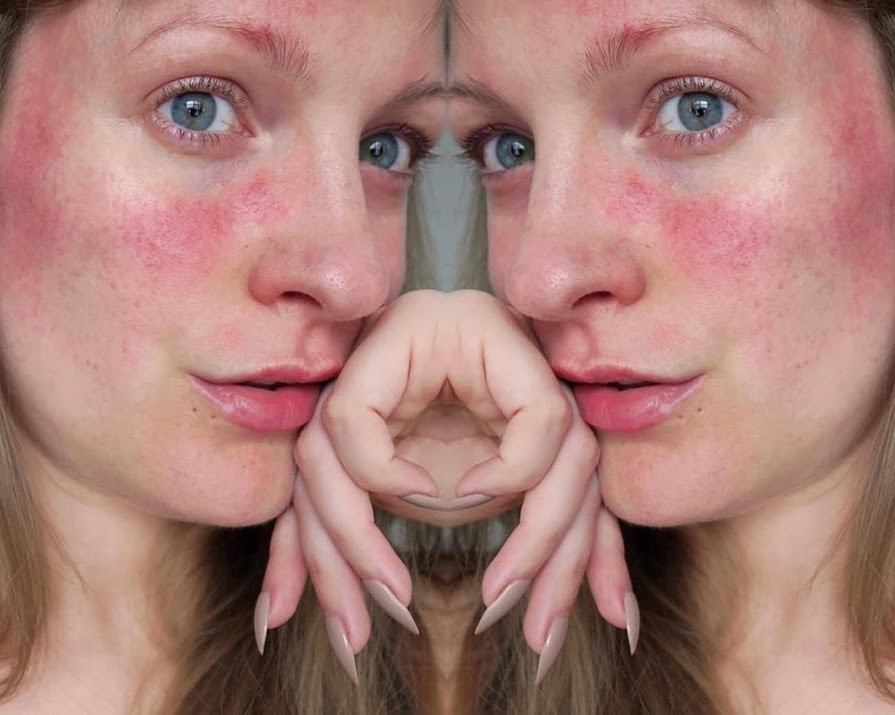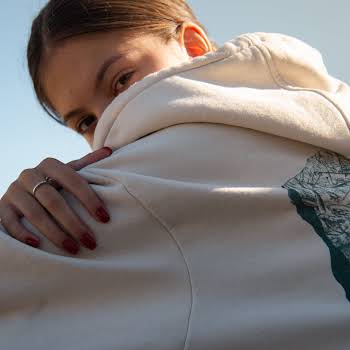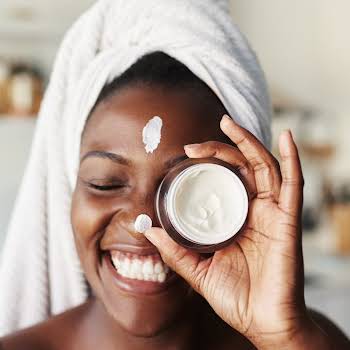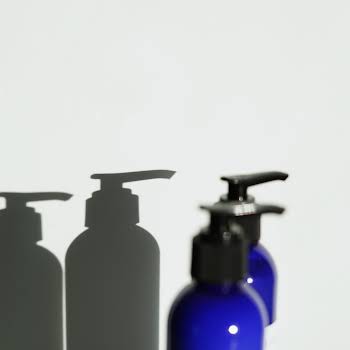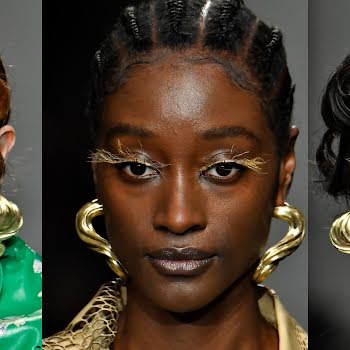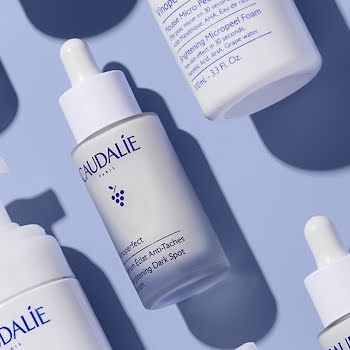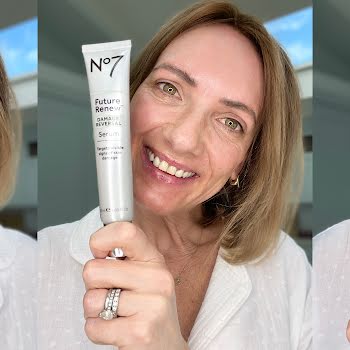By Holly O'Neill
09th Jan 2020
09th Jan 2020
In the Volume 1 (January/February) 2020 issue of IMAGE Magazine, on sale now, dermatologists weigh in on the ingredients and essentials you actually need in your skincare routine. Here, consultant dermatologist Dr Nicola Ralph, Institute of Dermatologists, Blackrock Clinic/Mater Private, breaks down everything to know about the common skin condition rosacea.
THE FACTS
I frequently see patients with rosacea, which is a common, chronic inflammatory skin condition affecting the face. It is often referred to as the “curse of the Celts” as it is found most commonly in fair-skinned, blue-eyed individuals and occurs in approximately 1 in 10 Irish adults.
It most commonly affects adults in their 30’s/40’s and is characterized by redness of the cheeks, nose, chin and forehead with/without inflammatory lesions – “whiteheads/pustules and red spots/papules. It may also be associated with flushing of the skin and dry/gritty eyes.
THE CAUSE
The cause of rosacea is unknown but is thought to be due to a number of hereditary and environmental factors. Triggers include UV exposure, hot and spicy foods or drinks, a rapid change in environmental temperature (such as a hot room, shower or exercise), and topical steroids may also induce rosacea.
HOW TO MANAGE IT
Management of rosacea involves targeting the inflammatory component (spots) and the redness from the broken capillaries. I recommend patients adopt the following routine: wash the face with oil-free products and daily use of a zinc-based SPF each morning is vital to prevent flares from UV radiation. Apply prescription topical therapies to clean, dry skin. Avoid using harsh products which contain alcohol, glycolic acid, salicylic acid and benzoyl peroxide which may be more suitable for acne-prone skin and may actually flare rosacea. Take caution with the use of retinoids on rosacea-prone skin as it may flare the skin. It may be introduced slowly once the skin is more settled.

La Roche-Posay Anthelios Ultra Comfort Cream SPF 50+, €19.49
Regarding the treatment of broken capillaries and red veins, patients often report feeling self-conscious, particularly when it comes to social situations. Men, in particular, do not have the luxury of being able to conceal their redness with make-up.
Photo-rejuvenation with IPL is one of the most effective, non-surgical and simple treatments used to treat redness and broken veins. Our M22 Lumenis has minimal downtime, therefore, is a lunch-time procedure. For those who have milder rosacea with “spots” they may also use topical therapies such as antibiotics and anti-parasitics for milder rosacea and maintenance therapy, however for more extensive rosacea, oral antibiotics called tetracyclines are used, which have an anti-inflammatory effect on the skin.
Photography by @talontedlex.

Read five skincare experts on the only skincare routine you really need in the Volume 1 (January/February) 2020 issue of IMAGE Magazine, on sale now.
Read more: A dermatologist’s guide to what you actually need in your skincare routine
Read more: Clean beauty terminology explained and debunked by two experts
Read more: Everything to know about red vein laser removal











